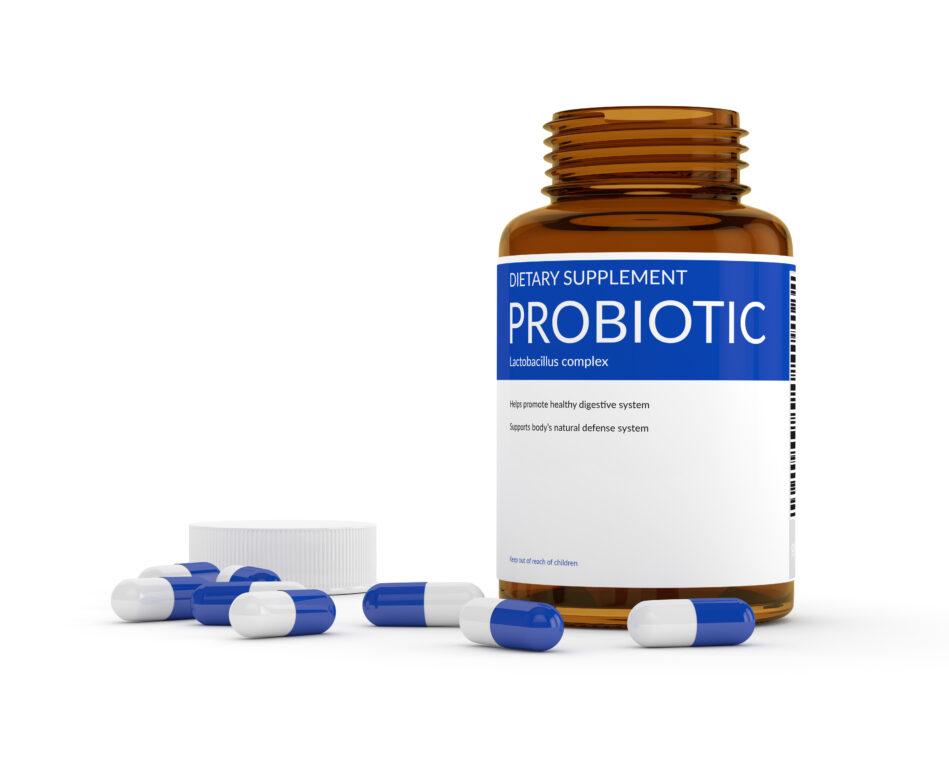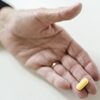Quick Hits: Using probiotics excessively can lead to an accumulation of bacteria in the small intestine that can cause brain fogginess, bloating and abdominal pain. A significant increase in bacteria can cause an extreme reaction to food, specifically carbohydrates. Probiotics can quickly ferment sugars that pass through the gut, which can cause a buildup in hydrogen gas and methane to create significant bloating. In a study involving 38 patients, 30 reported bloating, confusion and the inability to concentrate while taking probiotics. Results, published in Clinical and Translational Gastroenterology, found that bacteria colonies were producing 2 to 3 times more D-lactic acid than normal. D-lactic acid is recognized as “temporarily toxic” to brain cells and can interfere with normal brain cognition. Most brain fogginess went away after patients stopped probiotics and took a course of antibiotics. Researchers said that for most people, probiotic bacteria should be ingested in healthy amounts through foods in which it is naturally occurring. Some examples are yogurt, sauerkraut, kimchi and dark chocolate. Published August 6, 2018. Via Augusta University.
Quick Hits: The FDA has expanded a recall of a hypertension drug over concerns it may contain a carcinogen. The latest recall involves valsartan that was made by a Chinese pharmaceutical company. The recalled valsartan contains a potentially dangerous component, N-nitrosodimethylamine (NDMA), which laboratory studies have shown can cause cancer or liver damage in patients. The FDA says not all valsartan medications contain NDMA, and has provided a list of products included in the recall, as well as a list of non-impacted valsartan. Posted August 7, 2018. Via USA Today.
Quick Hits: The FDA has released new guidance for industry to promote the development of new inhaled nicotine replacement devices. Seventy percent of smokers have the desire to quit smoking, and half of those people attempt to quit each year. However, relatively few succeed. Current FDA-approved nicotine replacement therapies (NRTs) include gum, patches and lozenges, and have been shown to double the likelihood of quitting smoking. However, new kinds of NRTs are needed for those who are not successful using these methods. In September, the FDA established a Nicotine Steering Committee to evaluate ways to advance therapeutic nicotine products to support tobacco smoking cessation. Posted August 3, 2018. Via FDA.






